In the days before Rodney Syme passed away, his family asked if I would like to send a video message to him as his health deteriorated. So I took the opportunity to tell Rodney how much he was admired and how he had been a hero to so many people.
Rodney died peacefully at his home in central Victoria, surrounded by his family, on 21 October 2021. The day after his passing, his son Bruce wrote to me, “Rodney appreciated your kind words of support and caring very much. Thank you for making such a loving video tribute.”
I want to share parts of that video (see below) with you because I know I speak for many in saying how grateful we are for Rodney’s life and for all he achieved.
Most – but perhaps not all – RSA members will have heard of Rodney. He was appointed a Patron of the Rationalist Society in 2017, having been the indefatigable public face of the Dying With Dignity (DWDV) movement for over 30 years.
Because of his relentless campaigning, because he put his own career and indeed his own liberty on the line, because he inspired so many others of the fundamental rightness of his stance about patient autonomy at the end of life, he was ultimately successful. His home state of Victoria passed a Dying With Dignity Act in 2017, Western Australia followed in 2019, and Tasmania, South Australia and Queensland in 2021.
I saw Rodney in full flight on many occasions at DWDV board meetings. His seemingly unlimited energy and enthusiasm for the cause were infectious. He lobbied journalists, he confronted politicians, he challenged the medical establishment.
In 2015, Rodney was the special guest speaker at the RSA’s Annual General Meeting. He chose to speak about palliative care, and the gap between its rhetoric and the reality. Like Christopher Hitchens challenging the hagiography that surrounds Mother Teresa, Rodney contested the “inherent goodness” of the palliative care industry, with its essentially closed hospices that allow the rhetoric of palliative care to escape the reality of neutral examination.
Palliative care focuses on the successful relief of pain but tends to ignore the common but far-more-difficult-to-relieve symptoms of breathlessness, cachexia (wasting, weakness, immobility and dependence), anorexia, nausea and vomiting, incontinence, ulceration, discharge and odour, which all impact upon dignity. Palliative care does not address ‘social death’ – the psychological and existential suffering that can accompany end of life.
For Rodney, there were two self-evident truths: first, that a doctor has a duty to relieve suffering; second, that a doctor has a duty to respect their patient’s autonomy.
“Some people listening to me may think I am violently opposed to palliative care. Not so,” he said.
“I support open and frank communication between dying patient and doctor, supporting the patient to go as far with their life as possible, encouraging the acceptance of the reality of dying, maximal relief of pain and suffering, giving them a sense of control over the end of their lives, respecting patient autonomy and encouraging dialogue between the dying patient and their family with the important object of allowing them to say goodbye – all good palliative principles. But I do not accept the rigid imposition of a particular model of care, and a limited choice at the end of life which condemns some people to die in a way that is anathema to them, in order to satisfy the moral view of their doctor.”
In 2014, frustrated by Victorian MPs failing to listen to the overwhelming majority of citizens who wanted voluntary euthanasia legalised, Rodney chose to publicly declare that he supplied cancer sufferer Steve Guest with the lethal drug, Nembutal. While not welcoming the stress of a possible trial and conviction for aiding a suicide, Syme said he admitted his role in Guest’s death because creating a court challenge could set a useful legal precedent and accelerate the public debate on euthanasia. “I just believe passionately that there are too many people suffering too much not to try a little bit harder to change things,” he told The Age.
Many doctors supported Syme’s courageous stand and wrote a Letter to the Editor of The Age. That letter was not published. As we wrote at the time, “We know politicians are frightened of religious zealots making a fuss over issues like this, but we are entitled to expect the media to be less craven.”
In 2016, the Medical Board banned Rodney from providing advice to terminally ill patients after he admitted on public television that he’d offered to provide Bernard Erica with Nembutal. Erica was dying of tongue and throat cancer. He appealed the ban, and it was overturned.
Even after his retirement from medicine, Rodney continued to provide counsel and support to hundreds of people desperate for information and advice when nearing the end of their lives. The brother of a woman who died under horrific circumstances and who felt let down by the health system, said: “Rodney ever so patiently and tenderly listened and counselled me. He guided me in understanding the process and the appropriate manner of navigating the road ahead. I was and am forever grateful for the kind and thoughtful way this total stranger afforded me so generously of his time and guidance. I am not sure he fully understands the true measure and generosity of spirit – the immeasurable relief he brings to those who seek his advice!”
Rodney’s exemplary servant leadership was recognised with an Australian honour in 2019 when he was made a Member of the Order of Australia (AM). But, true to his sense of integrity, fairness and equality, he publicly renounced the honour when Margaret Court was awarded an AC, the highest level of Australian honour. “Court has already been awarded for her tennis achievements,” he wrote. “In the intervening years, she has promoted views on sexuality which have been soundly rejected by Australians in the plebiscite of 2017 and by the Australian Parliament. If Margaret Court accepts this award, I will with regret be renouncing mine. I do not wish to be associated with such company.”
Rodney Syme (ex AM), Patron of the Rationalist Society of Australia, will be sadly missed – but his long and full life is one we can and should look to as a life extremely well lived.

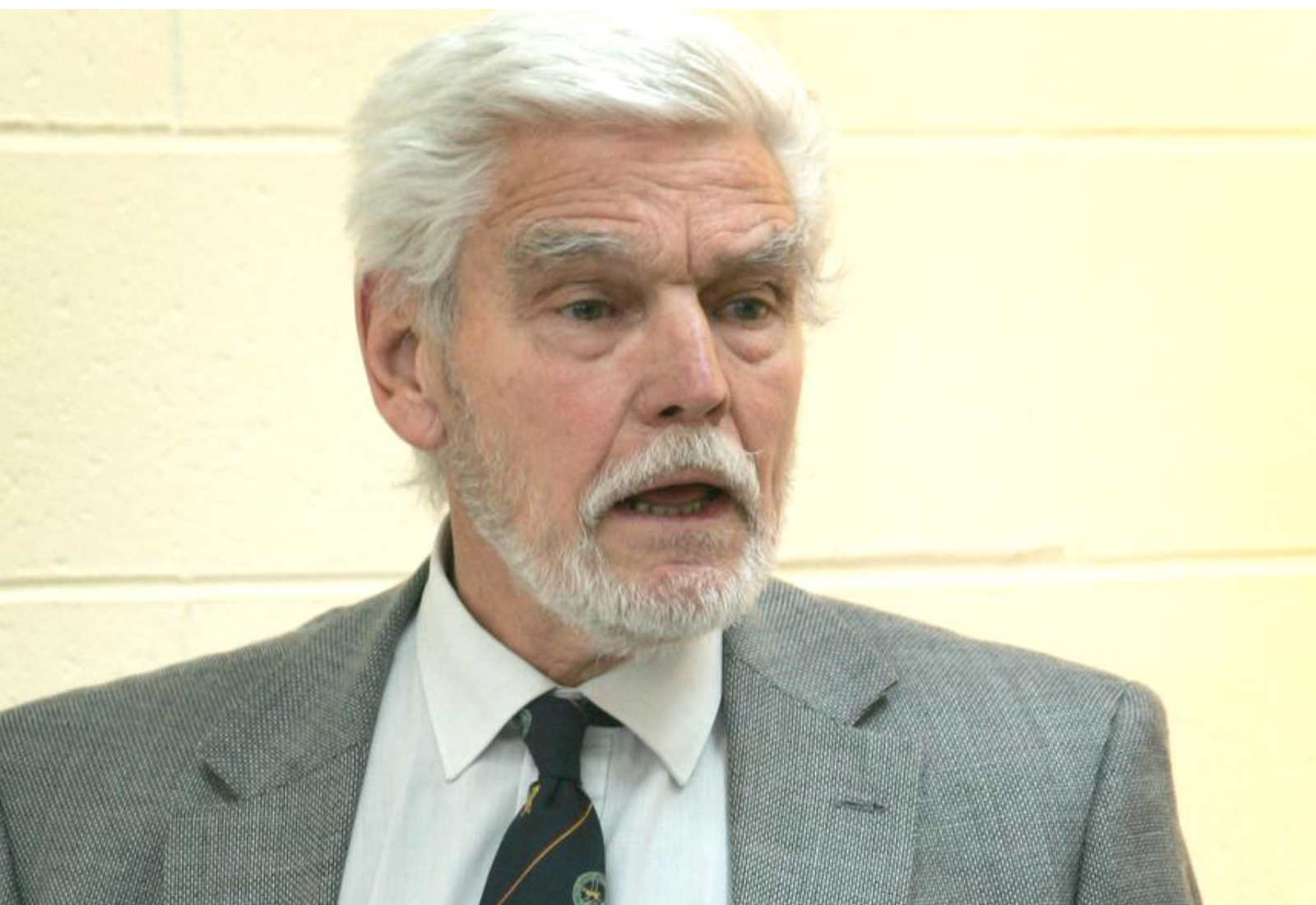

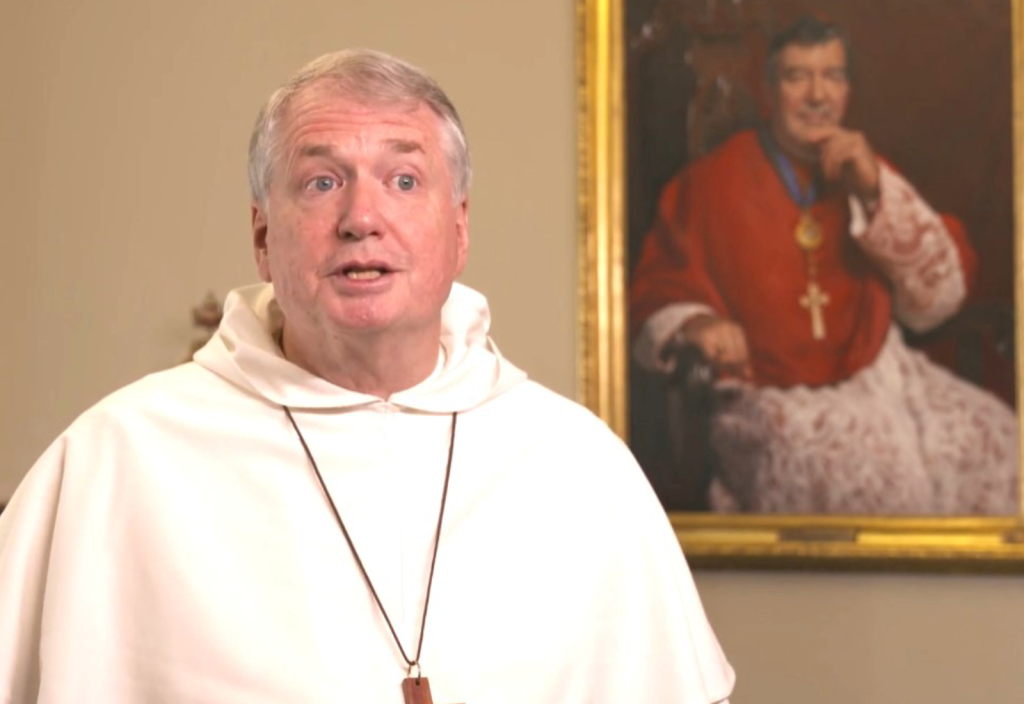
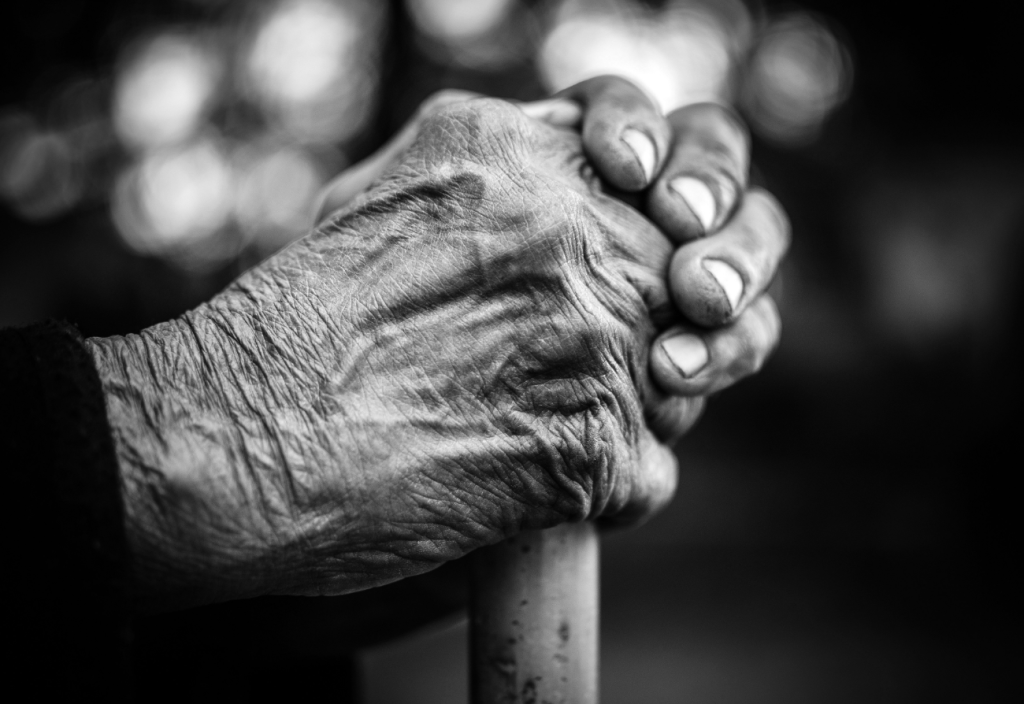

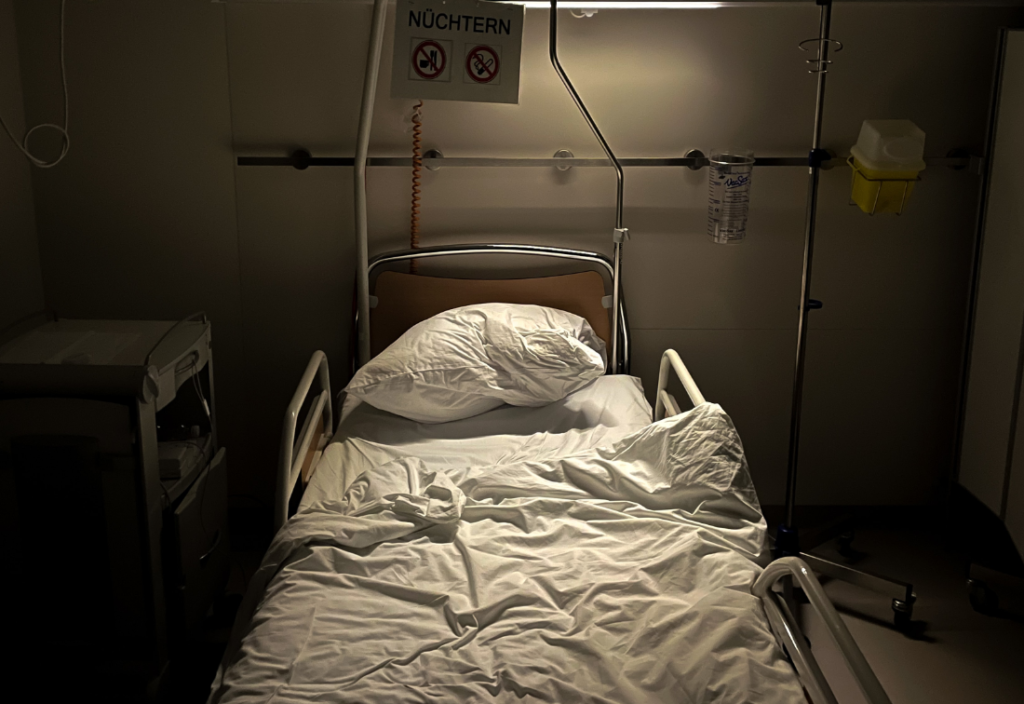





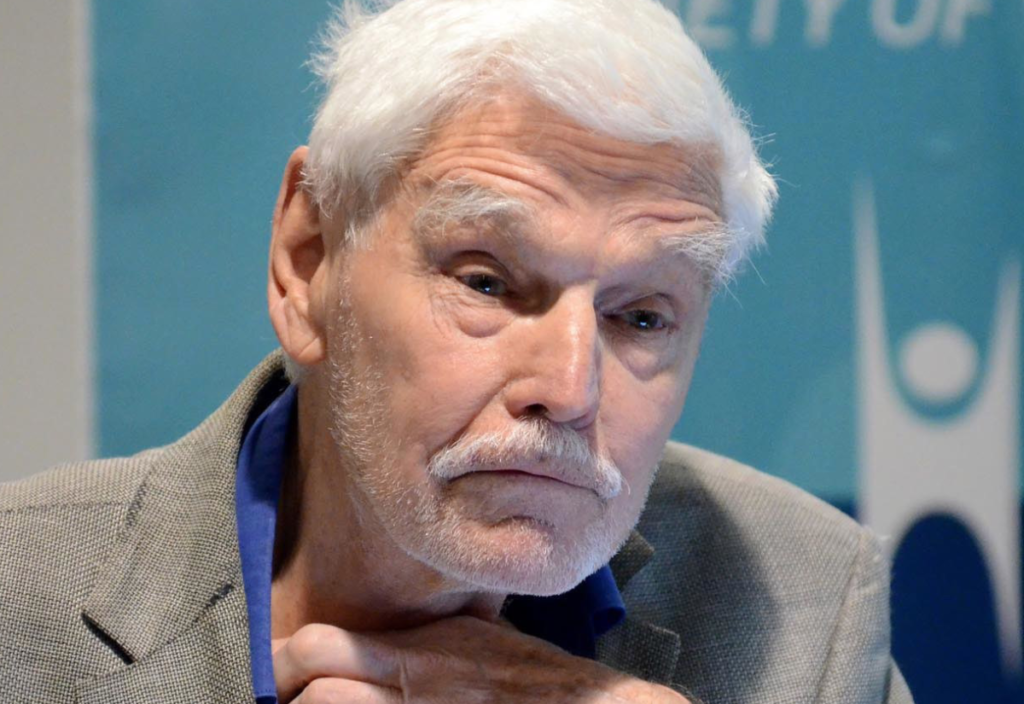

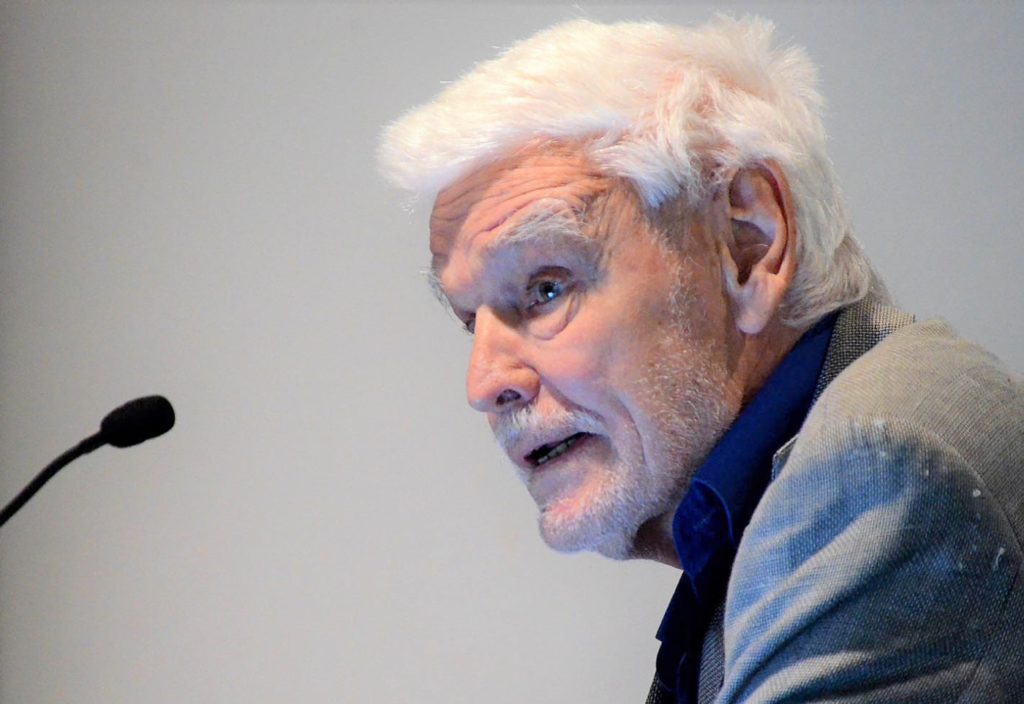
A big thank you to a courageous champion of civilised thought and action and thank you Meredith for a lovely tribute. Tony Krins.
Thanks, Tony. He was certainly a hero for me.